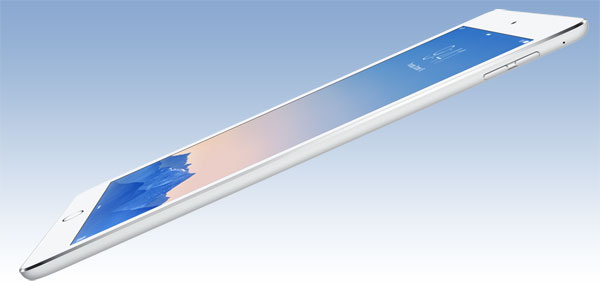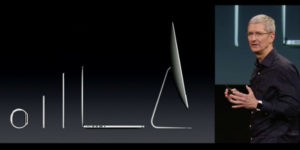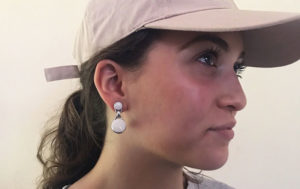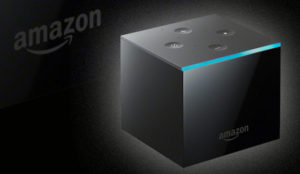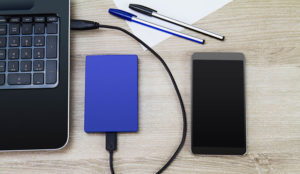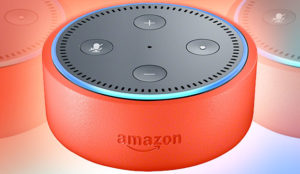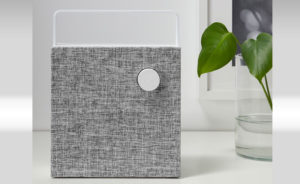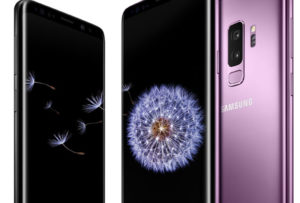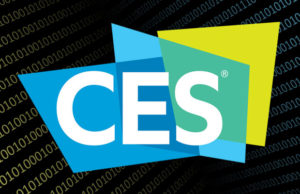With Apple and Google both coming out swinging, there’s much to touch on in this week’s edition of Gadget Dreams And Nightmares, a look at newly announced gadgets.
Both companies have brand new mobile devices on the way. There’s also an interesting spin on an activity tracker in the offing, and a new way to navigate winding city streets.
As always, the ratings aren’t an indicator of quality, largely because I haven’t even seen these gadgets in person. Instead, they reflect how interested I am in using them.
Apple iPad Air 2 and iPad Mini 3
Just a month after bumping up the size of the iPhone screen, Apple is back at the table with updated versions of its tablets.
We first need to discuss the camera. There was plenty of focus (if you’ll pardon the expression) on the cameras at Apple’s presentation, as it tries to promote the tablet as an ideal viewfinder for taking high-quality images, while adding iPhone features like time-lapse and burst mode.
However, the new push of iPad photography is just encouraging even more people to look foolish by taking photos with their tablet in public. This is a plague, and Apple is about to make the situation worse.
Honestly, I hope “burst mode” is a misnomer, and anyone who tries to use it on a tablet instead causes its camera lens to shatter. Tablet cameras should be for video chatting and quick photos around the home and nothing else.
Now, to step off my soapbox, the iPad Air 2 (pictured above) and iPad mini 3 feature few truly earth-shattering advancements. They look sleek and plain nice, in that way Apple products always are. They’ve had an iterative update (thinner, faster, sharper and so on), and Touch ID has been tacked on. Really, that’s about it — except for the new gold finish, which is fabulous.

We keep expecting Apple to wow us at every turn. This time, it’s given us more of a half-hearted smile, one which hopefully not too many people will capture for posterity with their tablet’s front-facing camera.
Rating: 4 out of 5 Tablet Selfies
Google’s Nexus Refresh and Android TV
Google also has updated its flagship smartphone and tablet, and they’re literally bigger than ever.
The Nexus 6, the successor to the Nexus 5, has a whopping 6-inch screen. That seems far too unwieldy and cumbersome for a smartphone. It’s also 10 millimeters thick, which will make carting one of these around in a pocket without bending it a gargantuan task.

It’s much more expensive than the Nexus 5 too, starting at US$649 off-contract, compared with $349. I guess that’s because screen size apparently comes at a premium — even though the Nexus 9 tablet starts at $399.
The tablet holds few surprises. It’s naturally faster than what’s come before and has a sharper screen. Disappointingly, Google has removed the micro SD expansion slot. Charging a premium for a few extra gigabytes of onboard storage is seemingly more important than making the product more user-friendly.
Google has thrown a brand new toy into the Nexus line: Nexus Player, a streaming media player and gaming device.
Note: The Gamepad for Nexus Player is sold separately.
Adding voice search to the remote — which comes with the Player — is a neat touch, and having Nexus Player double up as a Chromecast for streaming content from other devices is a smart move too.

Meanwhile, since Ouya is more a platform than a console now, it’d be a welcome move to add titles from that ecosystem.
Nexus Tablet and Phone Rating: 3 out of 5 Lollipops
Nexus Player Rating: 4 out of 5 Lollipops
Jaybird Reign Activity Tracker
Yes, I know. It’s yet another wearable fitness tracker. This one, however, has a fresh trick to make it jump away from the pack, even if only a little.
The Reign has a heart-rate measuring function that tries to determine when your body is most ready to work out. The readiness function, combined with the Reign’s ability to track swimming activity, makes it slightly more compelling than many other fitness bands.

That said, getting alerted to my body’s readiness to work out is likely to cause anxiety and increase my heart rate rapidly, so I’m unsure it will be highly effective for me.
Rating: 3 out of 5 Delayed Workouts
NTT Docomo Yubi Navi
Docomo’s Yubi Navi is a neat tactile prototype that aims to guide people to their destination by gently moving their thumbs in the direction they should be going.
It could prove eternally useful to the visually impaired, which earns it a thumbs up from me.
Another feature, which lets two users with paired Yubi Navis simulate holding hands through a bump in the lower part of the stick, nullifies my interest.
While I can’t profess to be completely in love with the idea of carrying around a fancy stick in a foreign city, it’s far less obnoxious than having Google Glass strapped to your face to tell you where to go — at the very least.
Rating: 2 out of 5 Wrong Turns

